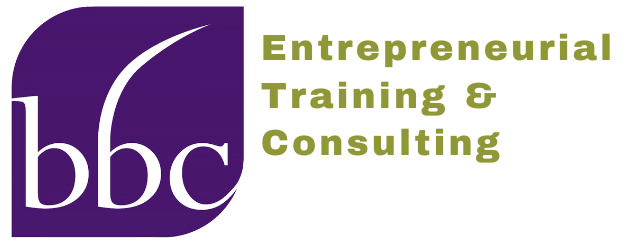A world-wide pandemic has engulfed most of the world. Economies that have been shut down are now struggling to reopen. Unemployment is up, stock market generally down. And now, a recession.
Why on earth would this be a good time to start your own business?
The traditional workplace is adapting. People tend to embrace — and even actively seek — change during a crisis. Best of all, new businesses owned by women, minorities, and veterans are being earmarked for growth, most definitely including bioscience startups.
Funding is critical, particularly to disadvantaged groups, and many SBDCs and PTACs are more willing than ever to assist and encourage early stage growth of entrepreneurial efforts in the bioscience areas.
SBIR and STTR programs fund a diverse portfolio of startups and small businesses across technology areas and markets to stimulate technological innovation, meet Federal research and development (R&D) needs, and increase commercialization to transition R&D into commercial impact.
Women are starting companies more than ever before.
Between 1997 and 2014, there was a 68% increase in women-launched businesses in the United States. That’s twice the growth rate of businesses owned by men. Today, there is three times the likelihood that startups created by women will receive venture funding compared to 15 years ago. And we’ve seen a 216% increase in firms owned by women of color between 1997 and 2014.
According to the Kaufman Foundation, women-led companies generate a 12% higher revenue, bring in 20% more revenue with 50% less investment capital, and they produce 35% higher ROI for venture backing. In fact, if you took all of the companies owned by women in the U.S. and formed a new country, it would have the 5th ranked GDP in the world.
Some of the world’s best companies were founded in the worst times.
More than half of the Fortune 500 companies were started in a recession or a bear market, according to a 2009 study by the Kauffman Foundation. The list of companies includes such household names as General Electric, General Motors, IBM, Hyatt Hotels, Hewlett Packard, Microsoft, Disney, Toyota and IBM. Successful startups such as Airbnb began during the 2008 global financial crisis.
Now is as bad a time as any, which is potentially a good thing.
According to Eric Ries, whose 2011 book, The Lean Startup, has sold over 1 million copies worldwide, the economic downturns are, in fact, the best times to embark on a new business. “The best time to be an entrepreneur is when everyone is running for the exits. So yeah, it’s about to be a great time to be an entrepreneur,” said Ries.
When things aren’t going well in the economy it tends to leave holes that entrepreneurs with the right vision can fill.
NIH is backing diversity.
NIH and other federal agencies are actively looking to support new businesses either founded by women, minorities o veterans, or ones that serve those groups. As NIH states on their web site:
Fostering diversity by encouraging the participation of individuals from nationally underrepresented groups in the scientific research workforce is longstanding interest of Congress, and a key component of the NIH strategy to identify, develop, support and maintain the quality of our scientific human capital See, e.g., Public Law 114-329, American Innovation and Competitiveness Act of 2017, and Notice of NIH’s Interest in Diversity, NOT-OD-18-129. Scientists and trainees from underrepresented backgrounds and life experiences bring different perspectives, creativity, and individual enterprise to address complex scientific problems. Similarly, fostering and encouraging participation by socially and economically disadvantaged individuals and women-owned small businesses is equally critical to the success of the SBIR and STTR programs.
SBA is also backing diversity.
Twenty states receive grants each year from the Small Business Administration (SBA) in the form of Federal and State technology Partnership Program (FAST) funds that mandate outreach “to increase the participation of women” and other underserved groups in the SBIR/STTR programs. Visit the SBA site for SBIR at sbir.gov to locate FAST programs and other assistance in your state.
Is this the perfect time to take your next step?
Based on all available evidence and the willingness of SBIR/STTR granting and contracting agencies to recognize diversity, including startups founded by women, right now could be an excellent time to find exceptional opportunities to get your new idea funded. They are actively looking for candidates who will offer diverse perspectives in the biotech field.
BBCetc was started by a woman, Mickey Katz-Pek, during the economic downturn of 1990. We now have a long history of helping technology-based ideas become commercially viable companies. We provide high-value information, training, and guidance to help entrepreneurs — women and men — get the funding they need and bring their product to market. From individuals to companies and institutions, and from SBIR/STTR assessment to post-award administration, BBCetc is there to help. Find out more at bbcetc.com.

